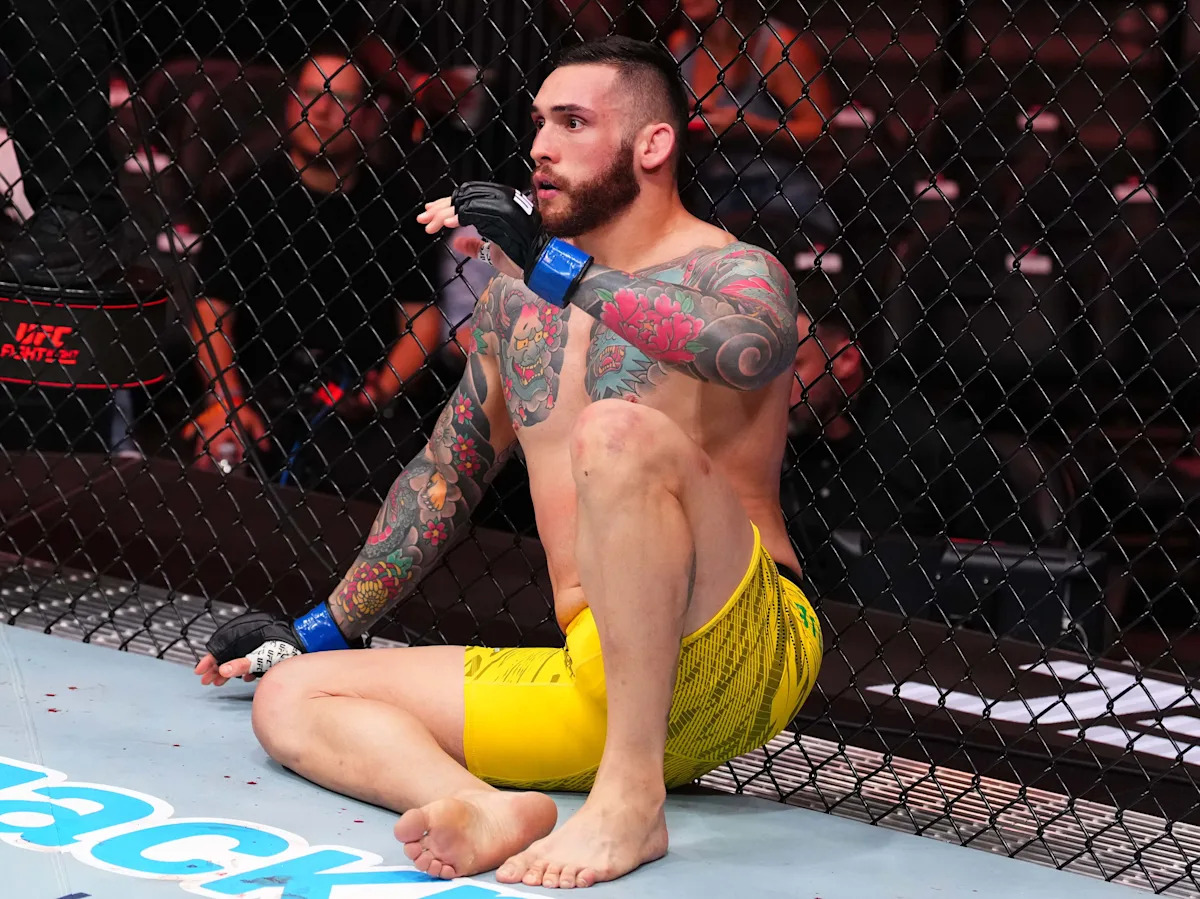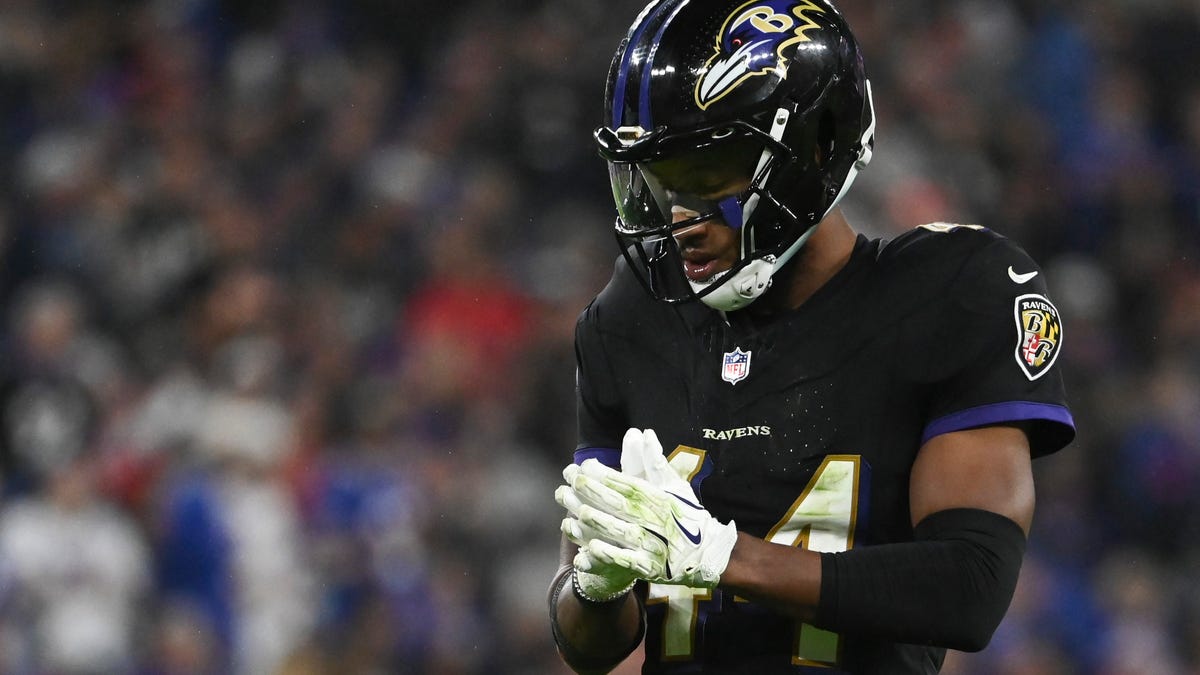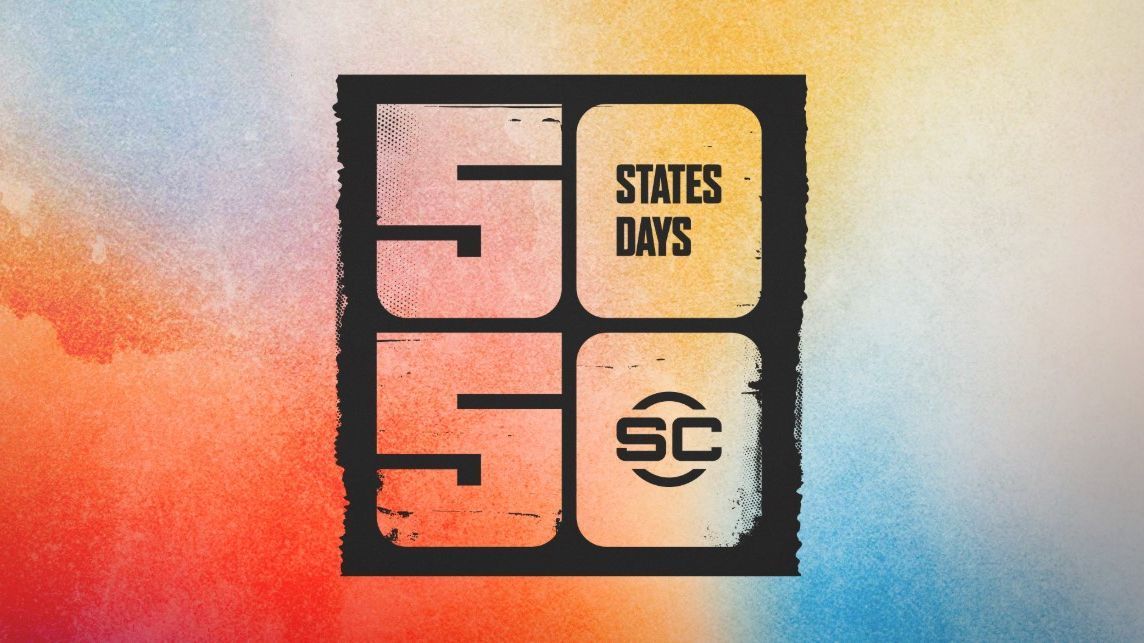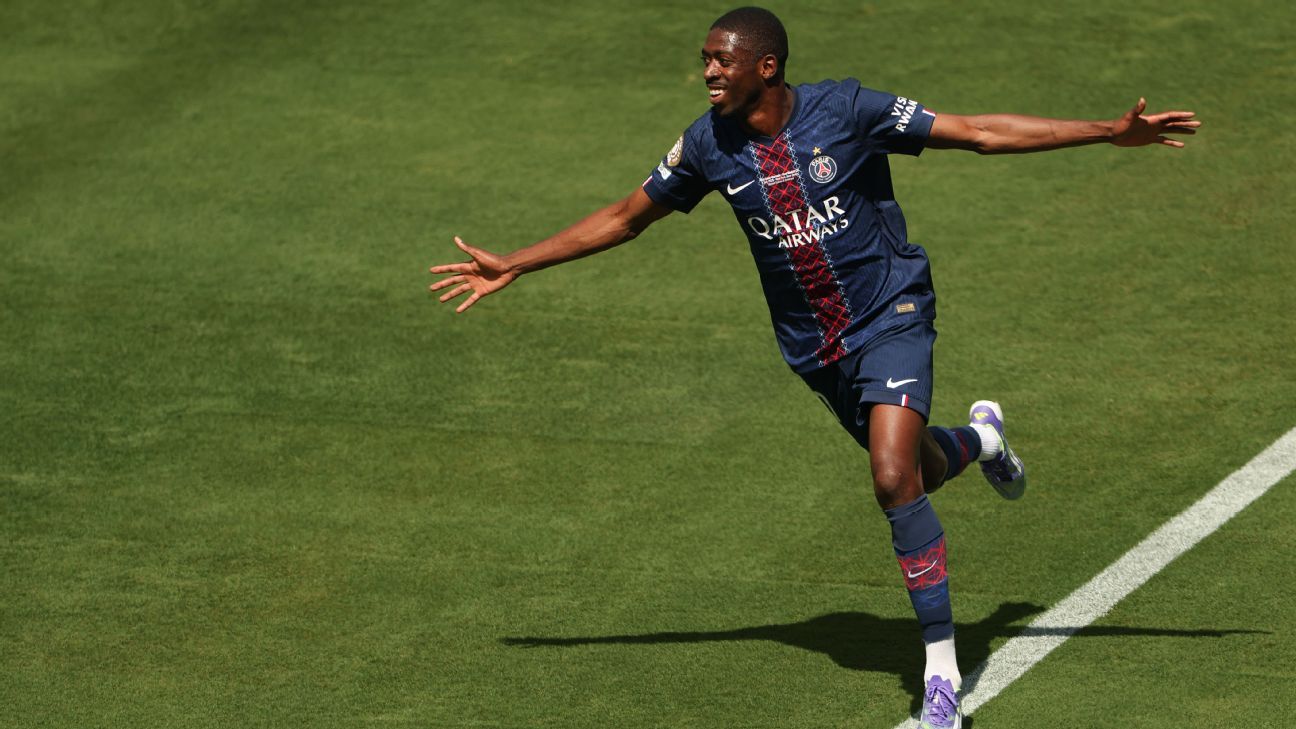You go back and watch the video of Rodolfo Bellato’s dramatic collapse after an illegal upkick from Paul Craig at Saturday’s UFC Atlanta event, and it sure seems like something was up.
Its the waning seconds of the opening round. Bellato is sitting there in Craig’s open guard, throwing punches from the top position. Craig fires back with a kick that catches Bellato more on the neck than the face — and Bellato stays conscious just long enough to complain to the referee before falling into a deep and peaceful sleep on the canvas.
Advertisement
Next stop: Controversy. Bellato snapped back to his senses looking like a man who’d suddenly woken up in a haunted house. The fight was called off after a quick visit from the doctor. With the kick by Craig ruled inadvertent, the result was an unsatisfying (and unintentionally hilarious) no contest.
Now, for Bellato, comes the really hard part. Now he has to live with the accusation that he’s a flopper and a faker. And if MMA history tells us anything, that’s the one brand you don’t scrub off easily.
Don’t believe me? Go ask Aljamain Sterling. He won a UFC title via disqualification in 2021 after taking an illegal knee from Petr Yan at UFC 259. A lot of fans have never let him hear the end of it. Even now, more than four years later, Sterling knew he couldn’t weigh in on Bellato’s questionable finish without hearing it all over again.
“Now I know people are saying I’m an actor, I got my belt from acting, and I was selling it really pretending to really be hurt and not continue,” Sterling said on his YouTube channel after casting doubt on the legitimacy of Bellato’s reaction. “Guys, I legitimately was really hurt. Oh my God, I can’t believe we’re still talking about this, people still bring this up. At this point it’s just hilarious, because it’s like I don’t know what else I need to do to prove to you that I was actually hurt. How do I prove that I was throwing up in the bathroom and had a concussion?”
Again, just to be clear, it’s Sterling who brought it up this time. He’s basically having this conversation with an imagined YouTube commenter, heading off the criticism that he knows is coming. And yeah, if you scroll down to the actual comments, you’ll see he’s not far off. There are definitely those who still think he overreacted his way to a UFC title, and there’s probably nothing that could convince them otherwise.
Advertisement
Same thing with Josh Koscheck. Remember how he played up a couple different illegal knees — one against Paul Daley, another against Anthony Johnson — grasping at his eye even though replays showed pretty conclusively that neither one really landed?
Or how about Henry Cejudo? Just a few months ago he went to the scorecards early after insisting he couldn’t see following eye pokes from Song Yadong in a UFC headliner. It seemed like a pretty reasonable claim after the way Yadong’s fingers dug all the way into his eye sockets, and still Cejudo had to defend himself in interviews for weeks.
No sport really loves a flopper or a faker, but none hates the very idea like fight sports do. A soccer player can throw himself to the pitch after mild contact and roll around like he just had his liver removed without anesthesia and it’s to be expected. A basketball player can get knocked over by a stiff indoor breeze and at least his own team will appreciate the effort to draw a whistle.
But if a fighter is even suspected of pretending to be hurt worse than he is, it’s practically a hanging offense. Here, unlike in other sports, no one is on your team. No one feels like your display was all in service of doing a favor for their side. They just feel like you’re faking it so you can go home early. Fans will never let him hear the end of that.
Advertisement
The cruel irony is that it doesn’t work the same way in reverse. Dramatize an injury in the hopes of a disqualification or a point deduction and we will despise you for it. But if you put on that stiff upper lip and insist the foul was no biggie, you can expect very muted gratitude.
The best example of this might be Anthony Smith. In his 2019 light heavyweight title fight against Jon Jones at UFC 235, Smith ate a blatantly illegal knee late in a fight he was losing on the scorecards. There was no question about it. He’d been fouled, badly, and in a way that clearly hurt his chances to come back and win the fight. He could have stayed down and tried for a disqualification win to steal away the belt, which he likely would have gotten. Instead he got up and lost.
Did people appreciate him for that? Sure, a little bit. For a time. Then they mostly forgot and moved on. The attaboys you get for continuing on always pale in comparison with the hate you’d receive if you didn’t. It’s not even close, really.
Consider what Bellato would have to do in order to put this all the way behind him. He could become UFC champion and still, for a lot of fans, this would be the one thing they’d remember about him. (This and the fact that the first scheduled fight with Craig was called off due to Bellato’s herpes infection, which doesn’t exactly help the public image campaign.)
Something like this — whether the accusation has merit or not, whether you were really hurt or just really committed to the bit — is a potentially lifelong stain in a sport so unforgiving. You can scrub it with wins and triumphs all you want afterward. Still it will never come all the way out.







